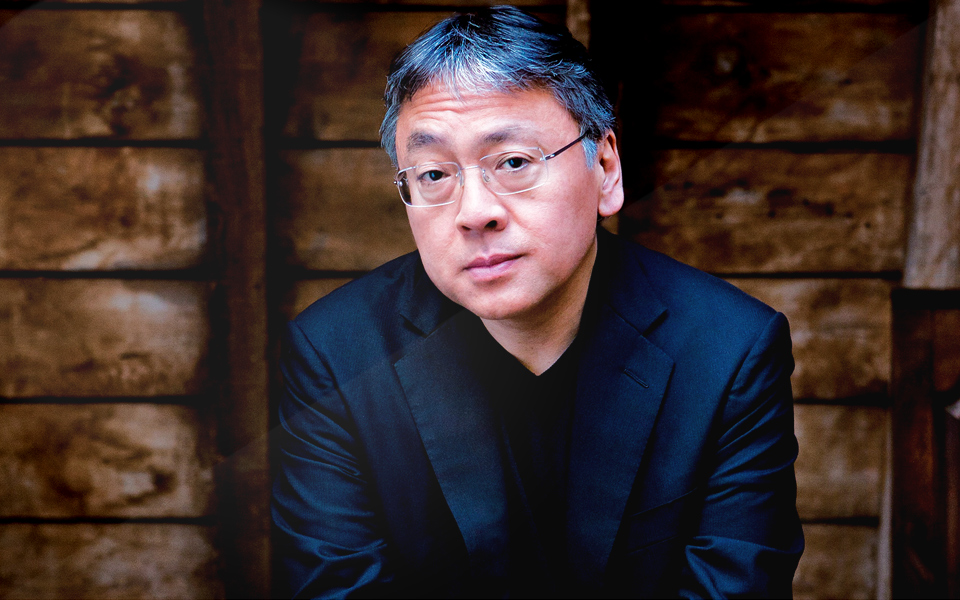British writer Kazuo Ishiguro has won the Noble Prize in Literature 2017. The award was made in recognition of his ‘novels of great emotional force’ which have ‘uncovered the abyss beneath our illusory sense of connection with the world.’ Critics have said that Ishiguro’s writing style that combines Japanese contemplation and British calmness was responsible for securing him the world’s most prestigious literary award.
Ishiguro, who was born in Nagasaki in Japan before moving to the UK when he was five, said he was “tremendously proud” to have received the award and emphasised how much he hoped it would be a force for good at a time of global instability.
Ishiguro’s books ‘A Pale View of Hills’ published in 1982 and ‘An Artist of the Floating World’ published in 1986 tell stories of what happened in Nagasaki a few years after the Second World War, with the city the victim of the second atomic bomb dropped on Japan in 1945.
Published in 1989, Ishiguro’s most celebrated novel ‘The Remains of the Day’ won the Man Booker Prize. It was subsequently adapted into a 1993 film starring Anthony Hopkins and Emma Thompson, which was nominated for eight Oscars.
Since its inception, 29 authors who write in English have won the Noble Prize in Literature. Ishiguro’s win will shine a new light on his works, especially in the Arab world, where none of his books have been translated into Arabic. Ishiguro’s latest novel, ‘The Buried Day’ was published in 2015.

Opening Submissions for the Sharjah Journal for Archaeological Studies
The Sharjah Archaeology Authority (SAA) has announced the opening of applications and submissions for publication in the Sharjah Journal for Archaeological Studies, a peer-reviewed academic journal issued under the patronage of His Highness Sheikh Dr Sultan bin Mohammed Al Qasimi, Supreme Council Member and Ruler of Sharjah. The initiative underscores SAA’s commitment to supporting specialized […]






